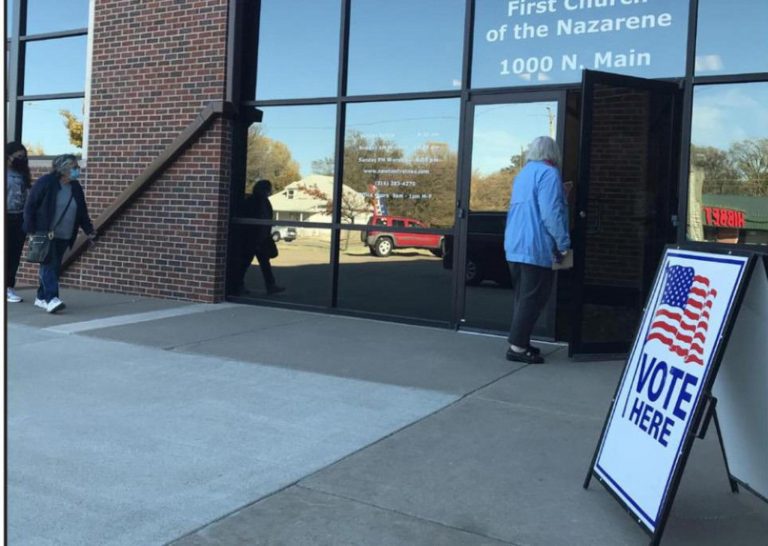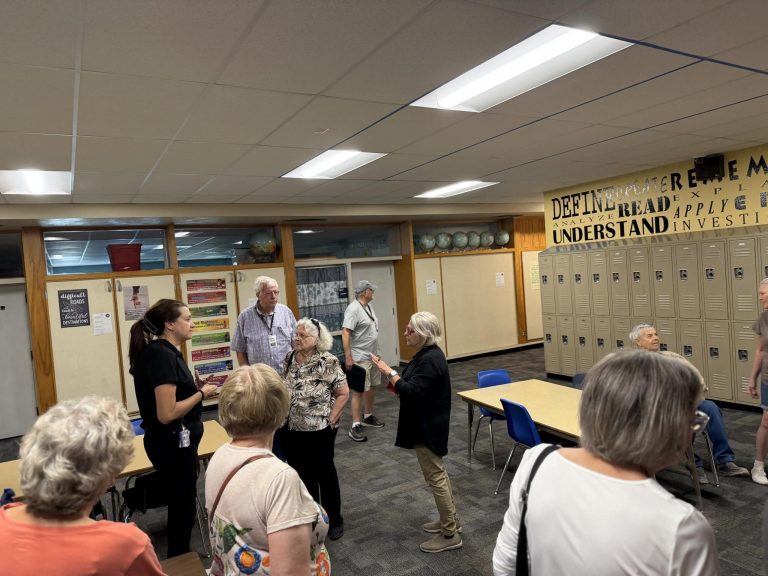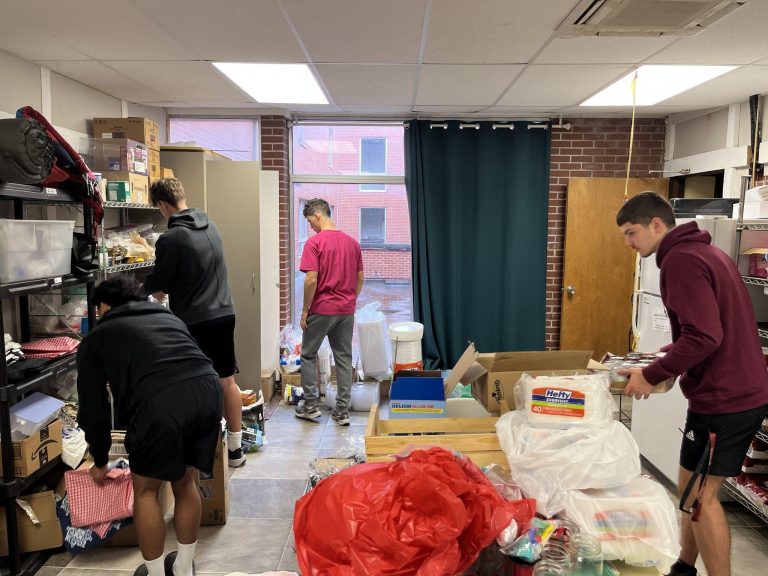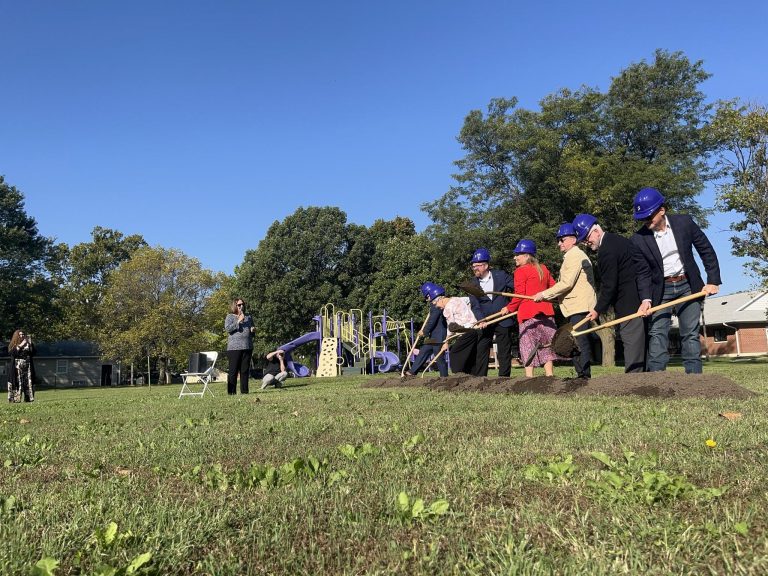By Chad Frey
Newton Kansan
When voters take to the polls for the upcoming city/school elections, they will have seven candidates vying for three seats on the Newton USD 373 Board of Education on the ballot.
Of the listed candidates, one (Andrew Ortiz) is an incumbent. One, David T. Jackson II, suspended his campaign due to health issues.
Members elected Nov. 4 will join Mallory Morton, Melissa Schreiber, Ian Long and Erica Stevens.
Early in person voting at the Harvey County Courthouse will begin Oct. 21, ending at noon Nov. 3. The deadline to request a mail ballot is Oct. 28.
Early voting hours are 8 a.m. to 5 p.m. Monday through Friday and 9 a.m. to 2 p.m. on Saturday prior to election (Nov. 1).
The Kansan received the following responses to a profile questionnaire of all board of education candidates.
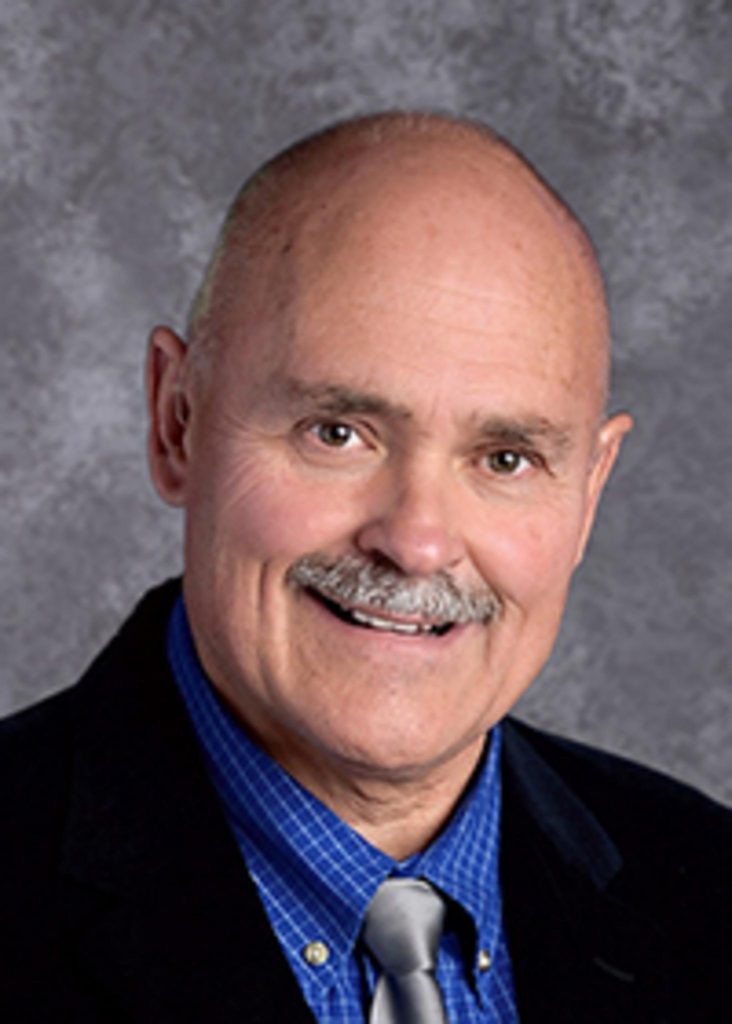
Name: Dr. Robert (Bob) Diepenbrock
Age: 65
Years living within USD 373: 5
What experience do you have that may have prepared you for board service?
I have extensive experience in PK-12 education and experience in higher education as well. I taught science (biology, chemistry, physical science, and some higher courses in each) for about 15 years. Following that, I began working as an assistant principal, athletic director, and principal at the high school level, later becoming a principal at the preschool, elementary, and middle school levels. I then became a superintendent of schools serving for two different districts for 12 years. I left the superintendency to become the executive director of a large interlocal special education cooperative that served 15 school districts and all the schools in those districts overseeing about 450 employees. I continue to serve in education by working part-time as a standardized patient for the medical schools in Wichita. Additionally, I have been a KSHSAA certified official for 48 years and served on the Board of Directors and Executive Board of KSHSAA.
In your eyes, what is the biggest issue the district will face in the next four years, excluding a bond issue coming next year?
In order to improve test scores and attract more families to the school district, attracting, hiring, and retaining high quality teachers is imperative along with maintaining high quality facilities. Some of that also is dependent upon sustaining a budget to offer competitive salaries and benefits as well, which is a challenge with the state budget for schools. Quality, caring teachers in the classroom, coaches, and sponsors of activities have the greatest impact upon student achievement and the quality of the many experiences students will have during their educational years. I support the bond and believe it is needed to maintain quality facilities for the district, but the voters will ultimately decide if they too, support the bond.
The district has been dealing with declining enrollment and declining birth rates for several years, what do you believe the district can do to react that trend and mitigate its effects?
I believe the issue is a.community wide effort requiring efforts from every local government entity and business leaders. If you look at the greater Wichita area and the districts that are growing, they are building new home areas, expanding various businesses and providing job opportunities. When young parents choose where they desire to live, they take into account what they view as high quality schools in the area they choose. If birth rates are to increase, there has to be quality housing that is affordable and has potential to grow. The school district’s responsibility is to seek, hire, and retain quality teachers, maintain facilities and work diligently to provide the best opportunities for students and families. If enrollment continues to decline, difficult decisions will have to take place that could include staff cuts, building closures, and program cuts, all of which are not in the best interest of the community as a whole. It is truly a community issue.
As the district prepares for a bond issue next year, with an estimated 5 mill increase to the levy, what steps should the board take to lessen the impact on tax payers?
As a retired person on a fixed income, I realize tax rates are going to be a recurring concern and there are many like me in the community who are impacted by increasing costs. Though a 5-mill increase is not particularly large, other government entities have also increased their rates and combined, that has a significant impact. The BOE, along with the county and city governments must work together to limit increases as much as possible while also maintaining facilities and providing a reasonable salary to its workers. Additionally, working hard to find grants and money saving opportunities is a must along with working to be as efficient as possible. Ultimately, it would be good to limit or try to eliminate increases as a whole while working dilligently to find the revenues to provide for the needs of the community.
Enrollment in Tech Ed programs comes from every school district in the area, discuss the importance of maintaining that program.
The job market has changed and there continues to be a high need in various technical fields. Not all high paying jobs require a college education, though most do require some type of post secondary education and/or training. The school needs to continue to provide to our students the career and technical education programs that can offer them the best opportunities for success in the job market. If these students take those courses and finish their programs with community colleges and technical schools locally, they too, may decide to remain in the community and add to the tax base thus alleviating tax strains on others and hopefully growing the community as a whole.
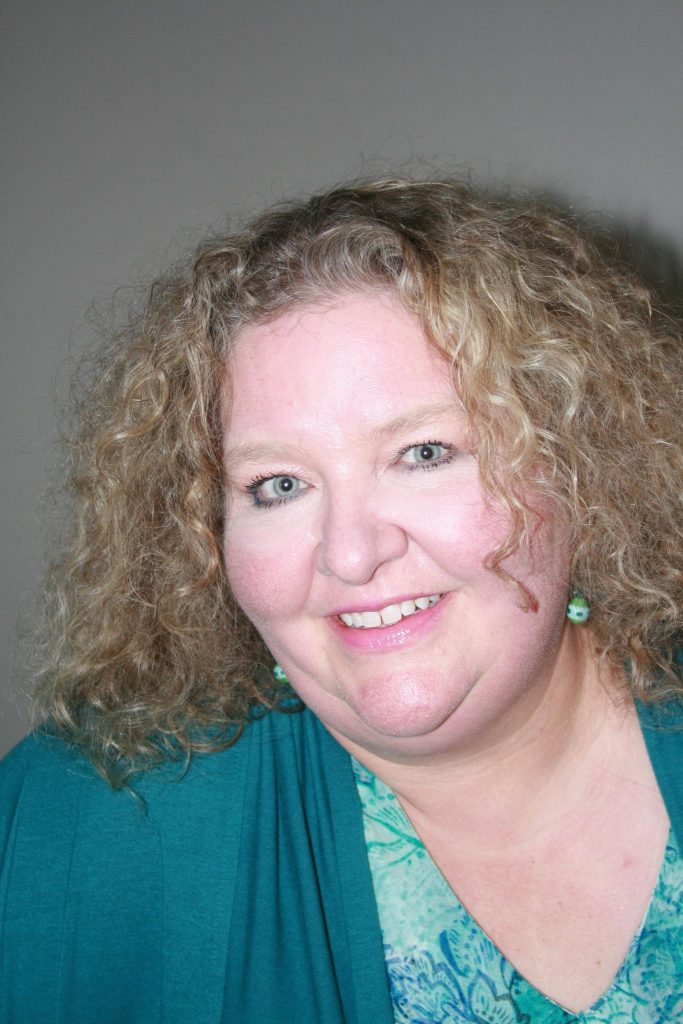
Name: Dr. Heidi Hoskinson
Age: 56
Years living within USD 373: 4 years in Newton, 15 years in Kansas
What experience do you have that may have prepared you for board service?
I have 30+ years of professional experience in higher education. This includes 4 senior executive-level positions where I worked with state or independent boards of trustees on institutional and system-wide initiatives. I have been involved in creating student support services, academic programs, and recruitment and retention of students at institutions across the country. I have extensive experience in strategic planning, budget and financial management, data analytics, professional development, organizational communication, business process modeling, program assessment, technology and system implementation, and educational policy development and interpretation.
I am motivated to serve on the board because it’s time for innovation, forward-thinking and fundamental educational change. We are uniquely positioned to take advantage of a P-20 framework to prepare our students for 21st century challenges. We have in our community resources that others do not have. We can think differently about the opportunities we offer our students. Experiences that help them succeed, find meaningful work, become our future leaders, and ensure our community continues to thrive.
To achieve this, board members must be willing to take risks, think more creatively and work intentionally across all sectors of the educational community. I have the background and knowledge to bring big ideas and bold vision to the board that puts the future of possibility in the hearts and minds of all our students.
In your eyes, what is the biggest issue the district will face in the next four years, excluding a bond issue coming next year?
One of the biggest challenges facing our district in the next four years will be meeting the growing support needs of students — from mental health and wellness to academic gaps and substance use — all while working with limited or even declining resources. These issues directly affect student success, and we’ll need to find creative, cost-effective ways to respond, including partnerships and strategic staffing.
At the same time, we’re facing a serious teacher shortage. Retirements are increasing, and fewer young people are entering the profession. Low pay, burnout, and the erosion of respect for educators are making it hard to attract and keep high-quality teachers. Without strong educators in the classroom, everything else suffers.
Finally, the state’s current school funding formula is set to expire in 2027. That introduces real uncertainty into long-term planning. We need to prepare for different funding outcomes, advocate for fair and sustainable state investment, and make sure we’re financially stable no matter what happens at the state legislative level.
Balancing student needs, teacher support, and fiscal responsibility will take thoughtful leadership — and a strong partnership with our community. These aren’t easy challenges, but they’re the ones that matter most.
The district has been dealing with declining enrollment and declining birth rates for several years, what do you believe the district can do to react to that trend and mitigate its effects?
Declining enrollment and birth rates aren’t just a local issue — they’re part of a larger national trend. According to a recent Wichita Eagle article, U.S. public school enrollment is projected to fall to 47.2 million students by 2030. In Kansas, that number is expected to drop to around 440,300 — that’s a 7.7% decrease from current figures. So, this isn’t a short-term dip — it’s something we’ll be navigating for years to come.
That said, I believe there are smart, proactive steps we can take in USD 373. First, we can do a better job promoting what makes our district special — programs like Tech Ed, strong extracurriculars, and our commitment to student support. Other districts are using marketing to attract transfer students, and there’s no reason we shouldn’t be doing the same.
Second, we need strong partnerships with the City, County, Chamber, and local businesses to help bring families into the district — especially as new jobs and housing developments come our way.
Lastly, we’ve got to keep the students we have. That means listening to families, improving support systems, and strengthening relationships.
It’ll take collaboration and creativity, but I believe our district can rise to meet the challenge.
As the district prepares for a bond issue next year, with an estimated 5 mill increase to the levy, what steps should the board take to lessen the impact on taxpayers?
As the district considers a bond that would raise the mill levy, we have a responsibility to be clear, careful, and community minded. People are understandably concerned — not only is the district looking at an increase, but the city is too. At the same time, many feel the state has failed to create a fairer, broader tax structure, leaving too much of the burden on local property owners.
The board must be fully transparent about what the bond would fund, why it’s necessary, and how it will impact taxpayers. We should provide straightforward financial details, hold public forums, and ensure community voices are heard throughout the process. The district and board have done a good job engaging stakeholders and will continue to do so.
Ultimately, we need to be responsible stewards of public bond funds. That means focusing only on essential projects that directly benefit students and the long-term health of our schools. We should also work with other districts to advocate for state-level solutions that ease the pressure on local taxpayers.
This is about finding the right balance — meeting the needs of our students while respecting the financial realities facing families across our community. I believe the plan under consideration does find that balance.
Enrollment in Tech Ed programs comes from every school district in the area, discuss the importance of maintaining that program.
Our Tech Ed program is one of the things that truly sets our district apart. It’s not just serving our own students — it draws kids from neighboring districts too, which speaks volumes about its quality and the opportunities it provides. In a time when not every student is headed to a four-year college, programs like this are more important than ever.
Tech Ed gives students hands-on experience and real-world skills that can lead straight into good-paying careers — in trades, manufacturing, engineering, health care, and more. That’s a win for the students and a win for local employers who are looking for skilled workers close to home. It also gives students more choice and helps them see different paths to success, no matter what their goals are.
Keeping this program strong means we’re investing in our kids, supporting our local economy, and building on something that already makes our district a leader in the region. It’s the kind of program we should continue to champion and grow — not just for our students, but for the future of our entire community.
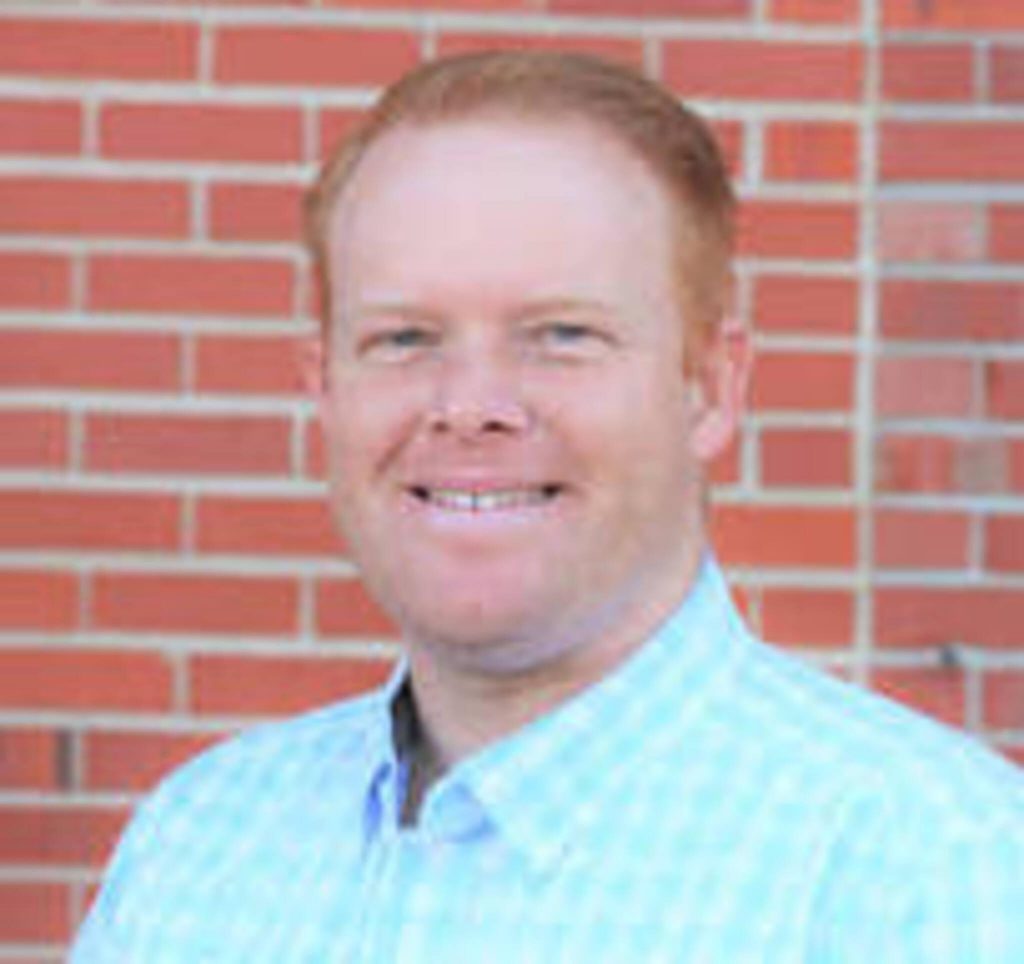
Name: Clint McBroom
Age: 39
Years living within USD 373: 8 years
What experience do you have that may have prepared you for board service?
Prior experience in government serving on the City Commission. Educationally I have a Masters of Business Administration and in my final year of my Doctorates. I have had children in USD 373 Special Education Program and regular education. Although a short tenure, I taught at the High School in Woods and Construction.
In your eyes, what is the biggest issue the district will face in the next four years, excluding a bond issue coming next year?
Declining enrollment. Declining enrollment not only gives us less tax dollars to utilize, it lowers morale of the students and staff.
The district has been dealing with declining enrollment and declining birth rates for several years, what do you believe the district can do to react that trend and mitigate its effects? There is some of this we can’t control. Kansas in general has had declining population across the state. But I think it is a bigger issue than just the school district can ‘fix’. I think a good cooperation with the city and county will be important in the next few years. There are some big projects that will come to completion in the next 4 years locally. These project have the opportunity to be a shot of acceleration in our community. We will need to capitalize on that. Additionally, school pride seems to be minimal at best. When pride is low the perception is that the USD 373 schools aren’t ‘good’ when that simply isn’t the case. We have some great teachers and schools.
As the district prepares for a bond issue next year, with an estimated 5 mill increase to the levy, what steps should the board take to lessen the impact on tax payers?
We have to be meaningful in our spending. Every dollar has to be spent where it has the biggest impact. Nothing frivolous can be done with this bond or general spending in the next few years.
Enrollment in Tech Ed programs comes from every school district in the area, discuss the importance of maintaining that program.
The Tech Ed program is the future for some of our students. Not all students benefit from it the same way. Some benefit simply to find out that what they thought could be a career isn’t really there thing. Others may find a hobby or a side job. Some will learn how to make a career out of the program. I support the program generally across the board. There can be no decrease in our offerings in the Tech Ed programs

Name: Rachel M. McDaniel
Age: 35
Years living within USD 373: 2+ years, 5th generation Kansan with roots in Liberal KS
What experience do you have that may have prepared you for board service?
I earned a Masters of Clinical Social Work (MSW) from the University of Kansas and completed the necessary advanced education for my independent clinical license. Throughout my career, I have developed and implemented approaches to drive change for both individuals and communities. I currently run my own private practice, where I manage both clinical implementation and the associated budget. Currently, I serve as the vice-president of the non-profit board for Positive Directions in Wichita. I also volunteer with numerous other non-profits, such as Peace Connections, where I was instrumental in founding the Mental Health Ally program through this successful partnership. This summer received the Chamberlain-Rapp Exemplary Leadership Award.
In your eyes, what is the biggest issue the district will face in the next four years, excluding a bond issue coming next year?
The school district must confront a severe shortage of qualified teachers and support staff. Adding to this crisis, burnout is devastating current teachers and staff. I’ve watched friends abandon teaching careers, leaving the profession within their first ten years. Support staff bring home as little as $20 per paycheck because insurance costs devour their wages. A meager budget restricts the schools’ ability to recruit and retain essential personnel. Meanwhile, students navigate some of the most difficult learning situations in recent memory. High rates of mental health concerns—including anxiety, depression, and suicidal or homicidal thoughts—plague the student body. Students in lower-income areas suffer significant educational gaps; outdated curricula and equipment fail to prepare them for the real world, unlike the resources available in higher-income districts. Education lays the foundation for our future, and we stand at a crucial crossroads.
The district has been dealing with declining enrollment and declining birth rates for several years, what do you believe the district can do to react that trend and mitigate its effects?
Declining birth rates nationally puts our country in a difficult position moving into our future. To address the low birth rates we have to work toward better conditions to start and maintain families. This includes work that is stable and paid at a high enough rate to support the extra costs associated with a child. We must ensure that we have affordable housing and programs to support those who experience financial hardship to not lose that housing. We must develop a community with resources to support early childhood education and better maternal and childhood outcomes. Until we are able to make meaningful change toward the birth rate in our nation we need to prepare for the increasing competition for students and enrich the programs we offer to better attract new residents to our area.
As the district prepares for a bond issue next year, with an estimated 5 mill increase to the levy, what steps should the board take to lessen the impact on tax payers?
We need to make sure that the bond is actually supporting the people who are paying for it. This connects to my other statement that we need to make USD 373 a family friendly place to be. I would like to see partnerships with the city where we enhance the many positives that brought me to USD 373 such as jobs that pay well, housing that is affordable, and programs that support the health and safety of the community members. It will be important for us to hold our local government accountable to use the taxes they collect to benefit the community members.
Enrollment in Tech Ed programs comes from every school district in the area, discuss the importance of maintaining that program.
Technical education plays a key role in making modern schools effective. I personally watched my younger siblings go through technical programs like the one in USD 373. My younger brother, who has an Autism diagnosis, struggled in a traditional school setting. Eventually, he was accepted into an alternative school, where he thrived and earned most of his certifications to become an aircraft mechanic. Watching him transform from someone who hated school into someone who looked forward to it was a proud moment for me. Right after high school, he started earning a living wage, and I enjoyed hearing him brag about it. These programs develop technically skilled professionals, which our communities desperately need. Technical education gives students who don’t always succeed in traditional settings a real chance to thrive and experience success.
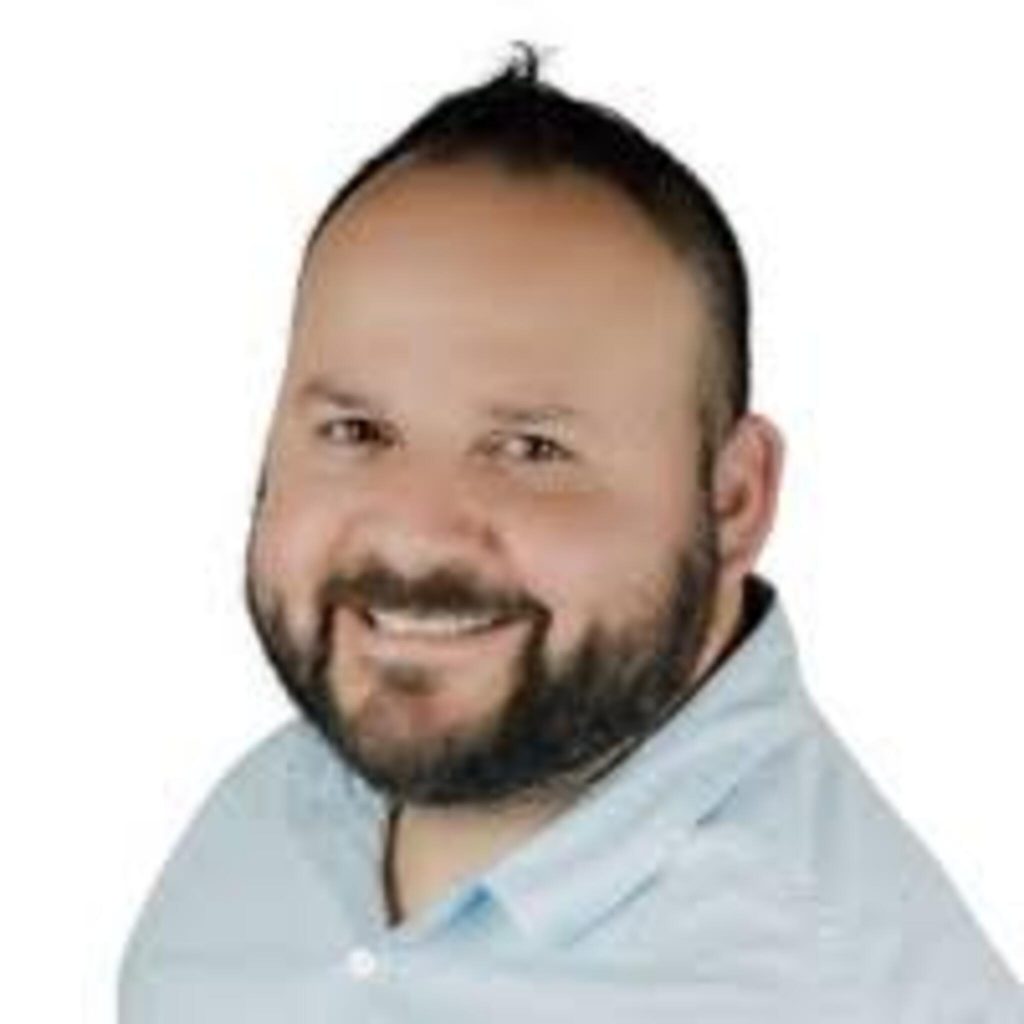
Name: Andy Ortiz
Age: 46
Years living within USD 373: 27 years
What experience do you have that may have prepared you for board service?
I grew up playing sports and was often the team captain. I learned to unite teams early on. My Bethel College football scholarship surrounded me with high performers and achievers; I thrived under pressure, forging bonds with my Thresher family that still fuel my network. At Youthville and Prairie View, I led teams, shaped policies on committees, impacting our work and the kids we served. As a long standing member of the Newton Area Chamber of Commerce, I have been very involved with different sectors of our community in many different capacities. I love our Chamber family. I served on the library board, city committees and have logged countless volunteer hours. Running my business 18+ years has in itself in my opinion qualified me. It’s a grind—tough calls, payroll, wins, heartbreaks. You adapt fast or fail. Chasing my American dream has been a blessing. Six years on the school board has given me a deep understanding of the system. I’ve got ideas to modernize education, not just in Newton but statewide. With state-level contacts and our leadership team, I’m confident we can have some fun wile we blaze a trail into the future for our kids and community. I believe our future looks bright!
In your eyes, what is the biggest issue the district will face in the next four years, excluding a bond issue coming next year?
We are going to have to figure out how to be smaller without disrupting our community dynamics to much. We have declining enrolment due to low birth rates that is going to be hard on us financially. We will also have to work on changing how we deliver our curriculum in a way that helps make us competitive. We must fight to get better results than we are getting now. Our scores are unacceptable and we need to face it head on. We also need to realize that these changes take time and need to be done carefully and with a target of measure that helps us track progress and goals accordingly.
The district has been dealing with declining enrollment and declining birth rates for several years, what do you believe the district can do to react that trend and mitigate its effects?
To tackle declining enrollment from birth rates, first, we need to continue to diversify programs-like expanding early childhood ed or career tech-to attract more families and older transfers. We need to expand our efforts in partnering with local businesses for internships or apprenticeships, that pulls in students. We must look to consolidate underused buildings, maybe turn one into a community hub to avoid cuts feeling so bad. We must boost marketing: highlight our strengths online and at local events and continue to build our brand. The most important piece is to keep listening. We must have community meetings, put out surveys and listen.…so changes don’t alienate folks. We must adapt with an eye towards culture and long term results.
As the district prepares for a bond issue next year, with an estimated 5 mill increase to the levy, what steps should the board take to lessen the impact on tax payers?
We need to use bond money wisely. We need to show real results from past projects to build trust. We have ramped up transparency with community comities. We have had updates so taxpayers see where dollars will go. We brought in consultants that helped guide us. We are willing to make hard decisions on efficiency. We have looked at possibilities like consolidating and other possible measures. (We have already done some consolidating “Walton”) Our superintendent’s a rock star operator with a solid plan. Our board should guide strategically but let him run day-to-day. We must continue to communicate and be open to to feedback. I believe we have done all we can up to this point. Remember, all the board members feel the same pinch our community members feel.
Enrollment in Tech Ed programs comes from every school district in the area, discuss the importance of maintaining that program.
Our Tech Ed program is the future of the district in the near future in my opinion. We have continued to grow the opportunites out there and have great results maturing for our students. Market conditions are favoring more focus and efforts in that area. We need to lean into public private partnerships to improve our kids opportunities in that area. We continue to thrive in tech ed and I myself am a huge supporter of the programs and possibilites our there.
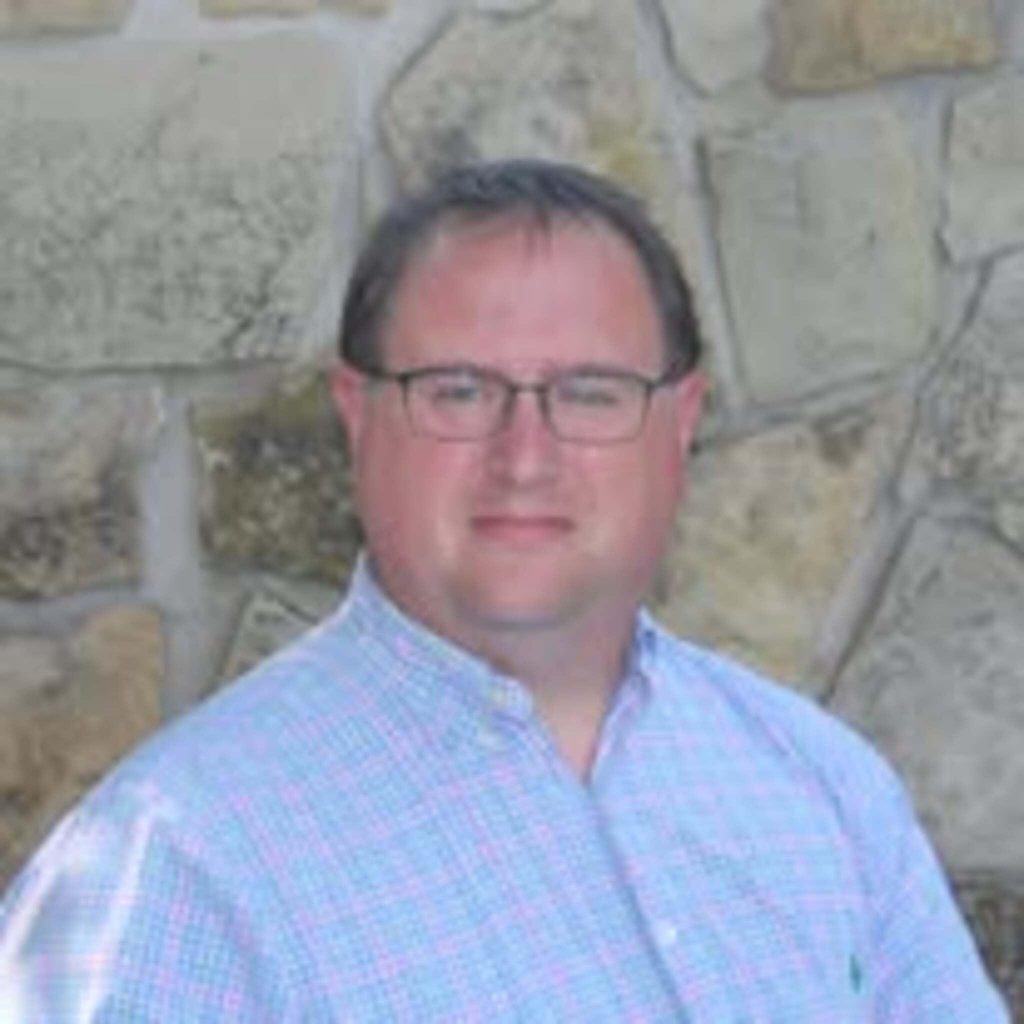
Name: Steven Tieszen
Age: 42
Years living within USD 373: 42 yrs minus my time at college
What experience do you have that may have prepared you for board service?
As an engineer I am required to work in a team, find data-based solutions, listen to others expertise, and make decisions after weighing the pros and cons. I am also required to be a lifelong learner and explore new options for success.
In your eyes, what is the biggest issue the district will face in the next four years, excluding a bond issue coming next year?
Our society has overburdened the schools with many of the social needs of the community. We need to work with families and other institutions in the community to reduce the burden on the schools so they can focus more on education.
The district has been dealing with declining enrollment and declining birth rates for several years, what do you believe the district can do to react to that trend and mitigate its effects?
The entire country is facing declining birth rates. The issue is cultural. The district needs to adopt policies that reinforce a culture of accountability and duty to family and community. This will help increase birth rates and draw family-oriented people to Newton.
As the district prepares for a bond issue next year, with an estimated 5 mill increase to the levy, what steps should the board take to lessen the impact on taxpayers?
Focus on using funds efficiently to fix the things we have. Plan for future needs so last-minute decisions don’t consume the budget. Work with other local governments to find ways to keep taxes from raising.
Enrollment in Tech Ed programs comes from every school district in the area, discuss the importance of maintaining that program.
Tech Ed programs are vital to the success of our students and economy. Hands on application is one of the most effective ways to learn.

